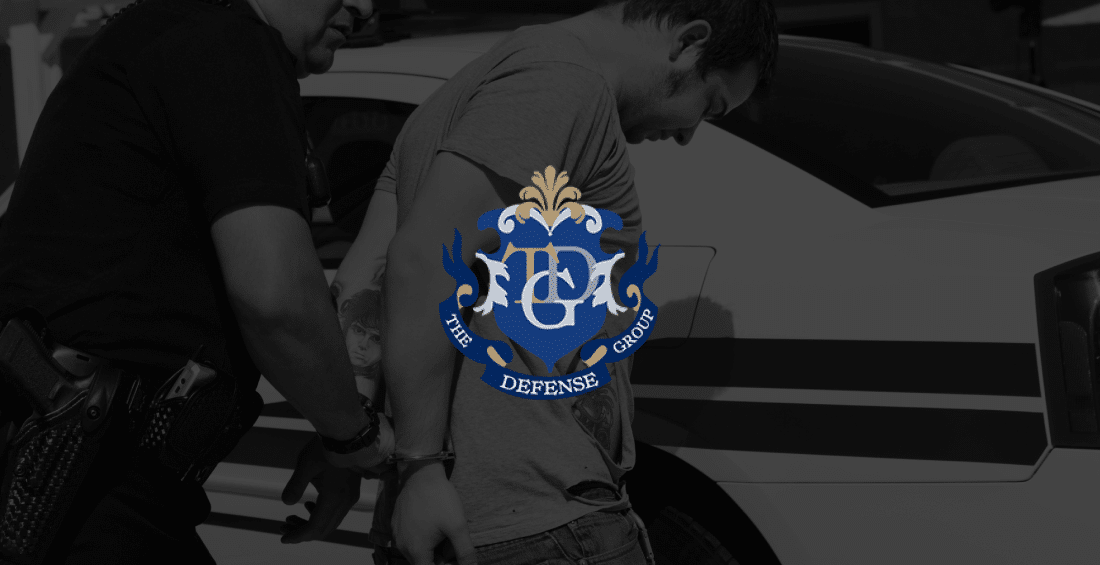Cocaine has a long history in the state of “Miami Vice,” where smugglers once landed tons of drugs and contraband on the coastline. That’s why the Florida government is serious about drug enforcement and penalties. Cocaine possession is a felony in Florida, and felonies can lead to years in jail with lifelong stigma afterward. If you have gotten caught with cocaine—no matter how wrong or unfair the charge is—you need to speak to a defense attorney as soon as possible.
What the Law Says
Florida law designates penalties for drug crime according to the schedule (or type) of the drug, the amount involved, and the possessor’s intent—often determined by the amount. In some situations, the location of the arrest also compounds the crime.
Charges and Penalties for Cocaine Possession
Cocaine is a Schedule II drug under Florida law, with some medical uses but also a high potential for abuse and addiction. Less than 28 grams, or “simple” possession, is a felony of the third degree, carrying up to 5 years in jail and a fine of up to $5,000. See Fla. Stat. § 893.13(6)(a).
Possession with intent to sell or to purchase is a felony of the second degree, with the possibility of up to 15 years in prison and a $10,000 fine. Penalties are increased for anyone arrested for intent to sell within 1,000 feet of certain businesses or institutions, including:
- Schools
- Churches
- Universities
- Public housing
- Convenience stores
- Certain childcare facilities
- Parks, recreation, and community centers
- Certain healthcare facilities, such as mental health centers and rehabs
This increases the charge to a felony of the first degree, punishable by up to 30 years in prison and a fine of up to $10,000.
Possession of over 28 grams is considered “trafficking in cocaine,” a first-degree felony. See § 893.135. Trafficking carries mandatory minimum penalties, and they increase with the amount of cocaine discovered:
- Between 28 and 200 grams—at least 3 years in prison and a fine of $50,000
- Between 200 and 400 grams—at least 7 years in prison and a fine of $100,000
- Between 400 grams and 150 kilograms—at least 15 years in prison and a fine of $250,000
- Over 150 kilograms—life imprisonment
A possession charge also leads to the suspension of a Florida driver’s license for at least 6 months.
Pre-Trial Intervention
If a nonviolent offender only has a possession charge and has a reasonably clean record, they may be eligible for pre-trial intervention (PTI) and transfer to the county’s drug court. There, if they qualify and gain admission, they can complete a substance abuse treatment program and remain on probation during this time. This will require sobriety, commitment, and payment of treatment fees, but it can save a future and career.
The Role of the Defense
One of a defense attorney’s jobs is to challenge the prosecutor to try to prove the charges. They will first examine the situation to determine whether the arrest was lawful. If the charge results from an illegal search and seizure, it cannot stand. Unless they had a warrant for the defendant’s arrest already, the officer needed probable cause to stop them—that is, a reasonable belief that a crime was committed and that the defendant did it. Under Florida law, defendants arrested without a warrant should receive a probable cause review within 48 hours of their arrest.
In order to succeed in court, the state has to prove each element of the charge:
- The substance found must be proven to be cocaine or a substance containing cocaine.
- The defendant was in actual or constructive possession of the cocaine at issue—that is, it must have been on their person or on property that they controlled.
- The defendant knew that they possessed the cocaine.
- The defendant intended to sell or purchase it if this is part of the charge.
The defense attorney may be able to attack any or all of these points. Was it really cocaine or a substance with cocaine in it? Lab errors have been known to occur. Can the prosecution show that the cocaine definitely came from this place and that the defendant controlled it? How can they prove that the defendant knew they had cocaine or that they intended to sell or purchase it?
Even if these elements are proven, there are affirmative defenses to a possession charge:
- The defendant was seeking treatment for an overdose or helping someone else seek treatment for it. The law specifies that no one should be arrested or penalized for simple possession if drugs are discovered while they are seeking help for themselves or someone else who has overdosed on drugs or alcohol. See Fla. Stat. § 893.21.
- The defendant was only in temporary possession of the cocaine and never exercised actual control over its presence—for example, the true owner hid it on their person or property to avoid arrest.
- The defendant only held the cocaine in order to dispose of it legally.
Let Us Help You
You must have an experienced criminal defense attorney when you are facing drug charges, especially in Florida. A felony charge can do untold damage to your reputation and future career prospects—even your right to vote. But a defense attorney can stop unjust felony charges in their tracks and protect you from overzealous sentencing.
If you have been arrested for possession of cocaine or any controlled substance in Orange County, talk to us as soon as possible. We’ll evaluate your case for free and let you know what we can do for you. Call us today at (407) 743-8430 to schedule your appointment in our Orlando offices.










